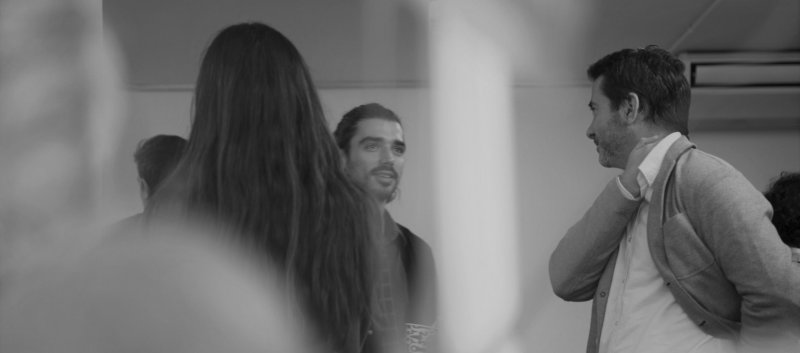
I wonder how you have coped with the forced isolation imposed on all of us during the corona virus. Has the weekly hand clapping made you feel more part of your local community providing some small contact with others during the week? Or have you been part of a family meeting on Zoom or with friends?
Now, that we are beginning to return to more familiar routines you may be wondering if joining a psychotherapy group might help with the re-adjustment to the ‘new norm.’
Our relationships with family, friends and fellow workers can be a source of inspiration and support; however, often it is these relationships that baffles us. Joining a group can offer a space for you to share experiences and gain an understanding of yourself.
Why should you join a group? Ask yourself, what are the difficulties I need to address? These usually fall into one of two groups:
Emotions and feelings – which disrupt life including general performance of daily living skills. You may be taking medication to treat the affects of a disorder. Common symptoms include anxiety and depression, obsessive-compulsive disorders, eating disorders and social anxiety.
Relational Challenges – we are dependent on our relationships with others to live a happy and secure life. However, these often challenge us in ways we do not understand. The signs and symptoms above are often caused or cause problems in relationships both personal and at work.
What happens next? When you contact Brighton & Hove Psychotherapy, your enquiry will be passed onto me. I will then contact you via your chosen method of contact to discuss your concerns. We will then set up an appointment to meet.
The initial Session – at this first meeting, you and the psychotherapist will have a discussion in order to get to know you. If you both feel joining a group would be helpful another session will be set up. A questionnaire will be sent to you to complete.
Follow-up – at the next session, we will use the questionnaire to follow-up your history, which will have formed the bulk of the first session. What are you hoping for by joining the group? Depending on your needs for preparation prior before starting the group will be agreed. I will ask your permission to share your name with the group in order to check out whether there are any boundary issues i.e. you do not know personally anyone in the group already.
Usually there will be at least one more session before you join the group.
The first Session – joining the group for the first time is always a challenge, you already know the psychotherapist and the names of the group members.
There is no set agenda, the group runs using free association. The boundaries of the group are – (1) always start and finish on time, (2) it will meet in the same venue, (3) it is a confidential space which each person agrees to before joining the group and (4) the members of the group do not have contact outside of the group. It provides a predictable space and time every week for a minimum of 40 to 42 weeks a year.
FAQ’s
Can I be in a group and continue with my individual psychotherapy?
No, the group is the primary therapy for the whole time the person is in the group. A process called splitting can occur if group members are attending psychotherapy outside of the group.
How does Group Psychotherapy work?
The group provides a space to explore relationships in action. As we all come from families or experiences of care in our young life, these influences stay with us and shape how we are later on as adults. The small group offers a space to reconnect with that experience and re-work, often-traumatic events, in a safe and secure environment. In addition to making connections to the past, we can explore current relationships in our families, couples, social and work life. Change of this sort takes time therefore you will need to make a commitment of time for processing and integration.
How confidential is the group?
The group is a confidential space where members of the group are asked not to have contact outside of the group or to share what happens in the group outside of the group space.
How many people are in the group?
A small group has a maximum of 8 members, 9 with the conductor.
Why is the Group Psychotherapist called a Conductor?
This relates to the role of the psychotherapist in the group. As the group matures the group members become familiar with each other; they know each other’s stories and begin to see the patterns each one may be playing out in their lives. The role of the psychotherapist will be to bring together the voices much the same way as the conductor in an orchestra brings in various instruments during a performance.
Dorothea Beech is a Group Analyst with many years experience working in the UK and overseas. She worked as A Group Analyst in South Africa as a Lecturer at Cape Town UCT and at Kwa Zulu Natal University in Durban, lecturing on a Masters Program in Group Work. Her MA in Applied research was on Eating disorders. Her interests are in cultural diversity and trans-generational influences on the individual. Thea is available at our Brighton and Hove Practice.
Further reading by Thea Beech
Termination and endings in Psychotherapy
What is Social Unconsciousness?
Crossing Borders – Group Analytic Society Symposium, Berlin 2017
What is a Psychotherapy Group?
Leave a Reply